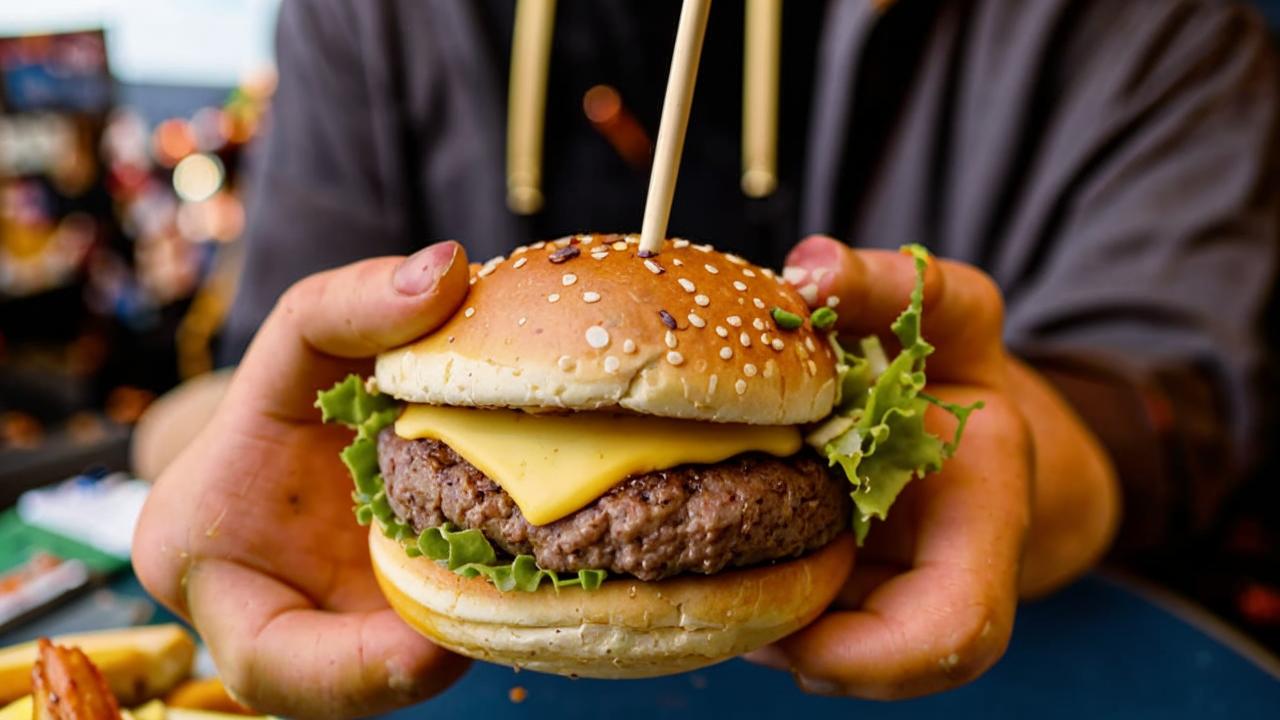Habit is the most energy-saving action that a person does on automatic. Habit implies constant repetition of an action or a set of actions that always lead to the same result. Our whole life, its distinct forms are nothing but a set of habits. In this article, we understand how habits originate and how many days it takes to form them.
How are habits formed?
psychologist
According to scientists, habits arise because the brain is constantly looking for ways to save energy. The brain has only its own resources, so it tries to turn almost any repetitive action into a habit, because habits allow our head to work with the least effort.
Habit formation occurs in a three-stage loop:
- first there is a sign – a trigger that orders the brain to turn on automatic mode and tells the brain which habit to choose;
- then the habitual action (physical, mental or emotional) takes place;
- finally, the third step is the reward, which helps the brain know if it makes sense to remember the loop for the future.
For example, the sign might be stomach pain, and the reward might be getting rid of that pain. To get rid of it, we choose a familiar action – a pill. And if this pill helps, the principle becomes a habit.
In the process of forming and fixing the habit, the brain stops participating in decision making to its fullest potential. Therefore, by breaking down the habit into its component parts, namely by understanding the loop of your habit, you will be able to control it or replace the old habitual action with a new one.
How many days does it take to form a habit?
There is a popular rule of threeweeks, when after 21 days of repetition, a habit is formed.

Konstantin Bochaver
Head of the Sports Psychology Laboratory of the Moscow Institute of Psychoanalysis
In fact, this is an incorrect statement. Scientific data speak about a completely different time period. For example, in “How Habits Are Formed,” Philippa Lally’s group defines a period of 18 to 254 days, with the most common duration being 66 days. How long a person may need depends not so much on willpower as on the reward received for completing the habit. The more joy a habit brings, the more it improves life, the faster it forms.
If most attempts to implement a habit end in failure, the problem may lie in improper motivation. Initially, any habit should have a point that will keep you motivated for the long term, not until a certain point. We brush our teeth every day, after all, and the point is not lost.
Why do bad habits form faster than healthy ones?
Julia Chuprikova: Often a habit is just a consequence of a reason, most often psychological. For example, smoking itself does not cause satisfaction, but can be a reason to see a colleague, to distract from work. In this case, smoking can be replaced by a walk with a cup of coffee or any other activity. Then the reward of “seeing a colleague” will be obtained in the most useful way.

Let’s look at another example. Many people have a habit of eating large portions. If you do not have an accelerated metabolism and you eat a lot for no apparent reason, you are probably eating what you lack in real life (attention or love). After realizing the cause, a person will begin to direct energy not to food, but to life, to find the cause of loneliness.

psychologist
Harmful habits are the result of pleasing a person in the moment. Let’s say you ate a sweet bun for breakfast, after which you immediately began to feel comfy and safe. And the next time it is important for you to feel comfortable, you will choose the short and habitual way – unhealthy snack. This happens because there is a neural connection formed in the structure of the brain, fixed by positive emotions and the hormone of happiness – serotonin.
It is enough to perform some action several times and get a positive result – and a neural connection is formed. If we repeat this action, the connection strengthens, and the neurons involved in it are covered with a protective shell and increase their activity.
1. Do not depress the hippocampus (the part of the brain responsible for the formation of new neurons). To do this, it is important to get enough sleep, lead a mobile lifestyle, eat right and do not expose yourself to stress.
2. Introduce new habits that bring the same pleasure as the old ones.
How to form healthy habits?
Julia Chuprikova: To introduce useful habits into your life, you need to start a chain. For example, you can learn to apply cream on your face along massage lines to improve the condition of your facial skin. Then you will want to change your cream to a more natural one, because it affects the quality of the ritual. After that, you will think about the quality of your diet, because it directly affects the beauty of your face.

Speaking of nutrition, in 2009, a group of scientists published a study about different approaches to weight loss. They gathered obese people and asked them to focus and write down everything they ate within one day a week.
At first, group members forgot to keep a food journal or snacked without writing it down in a diary. But over time, people started writing down all the food they ate once a week, and then started keeping a daily food diary altogether. Eventually it became a habit.

Then the study participants began to look at the notes they made and noticed patterns they didn’t even know existed. Some noticed they were snacking around 10 a.m. and started putting a banana or apple on the table for a morning snack. Others started using a diary to plan future menus and, when dinner came, ate the healthy food they had planned, rather than convenience foods from the refrigerator.

The researchers didn’t ask the subjects to do anything like this, they just asked everyone to write down everything they ate for one meal a week. However, the habit of keeping a food journal created a structure that fostered other habits. Six months into the study, those who kept a daily food journal lost twice as much weight as those who did not.
How are habits related to the brain’s neuroplasticity?
Neuroplasticity is a property of the brain in which chains of neurons (nerve cells in the brain responsible for transmitting information) regenerate and physiologically change as they interact with the environment.
Konstantin Bochaver: Many studies have shown the beneficial effects of physical activity on neuroplasticity in the context of active longevity and brain resistance to the effects of aging. Every habit leaves its mark on our nervous system.

As William James wrote, “the more the minutiae of daily life we can trust to effortless habitual automatism, the more the higher powers of our minds are released for the work for which they are designed.” Brain health therefore relies heavily on the habits we have formed.






